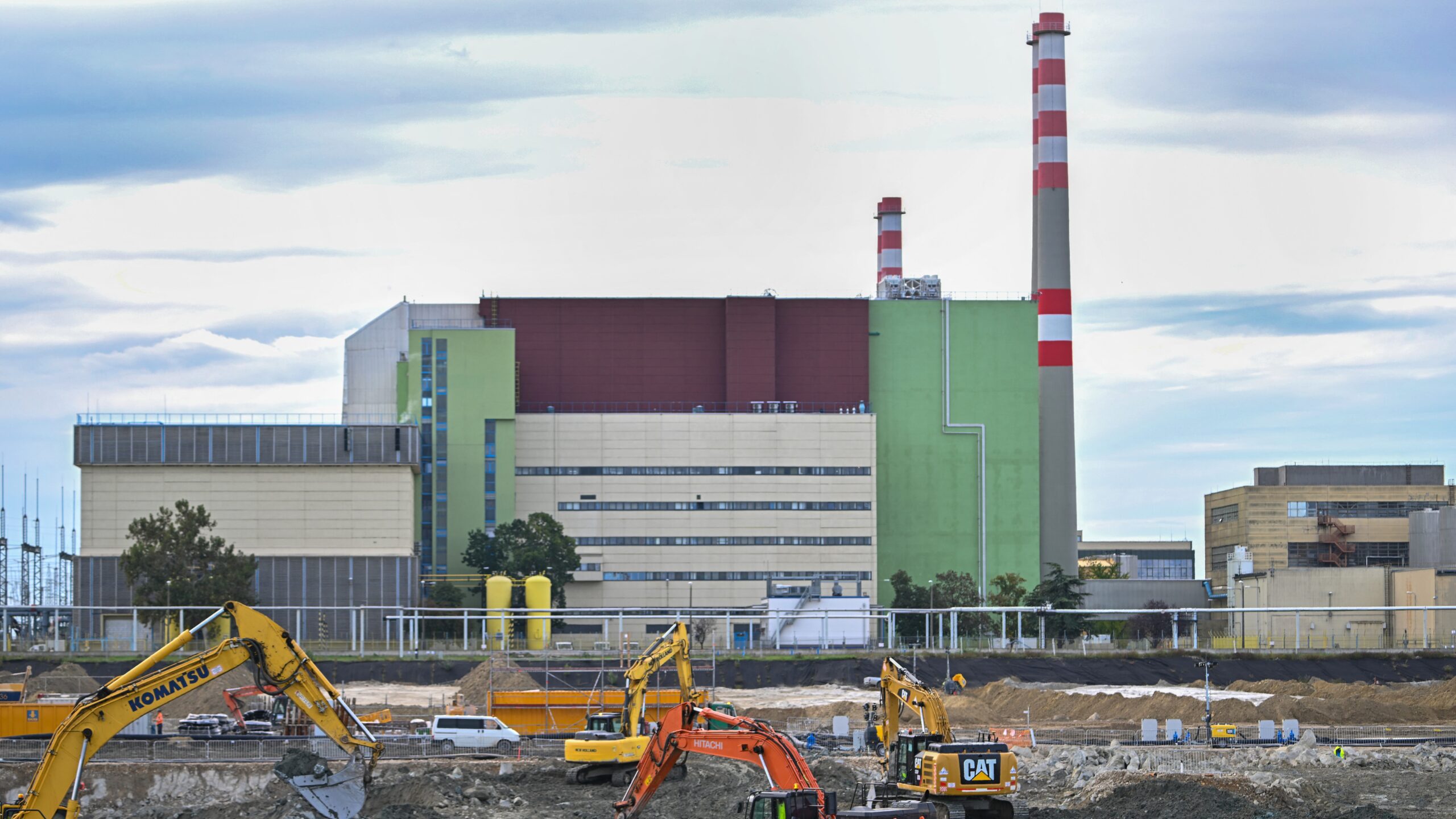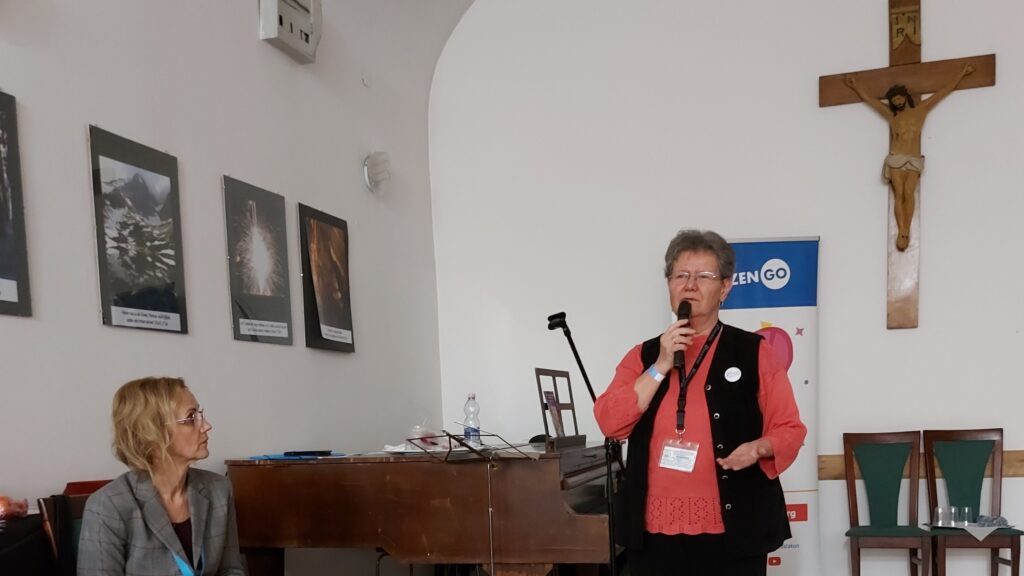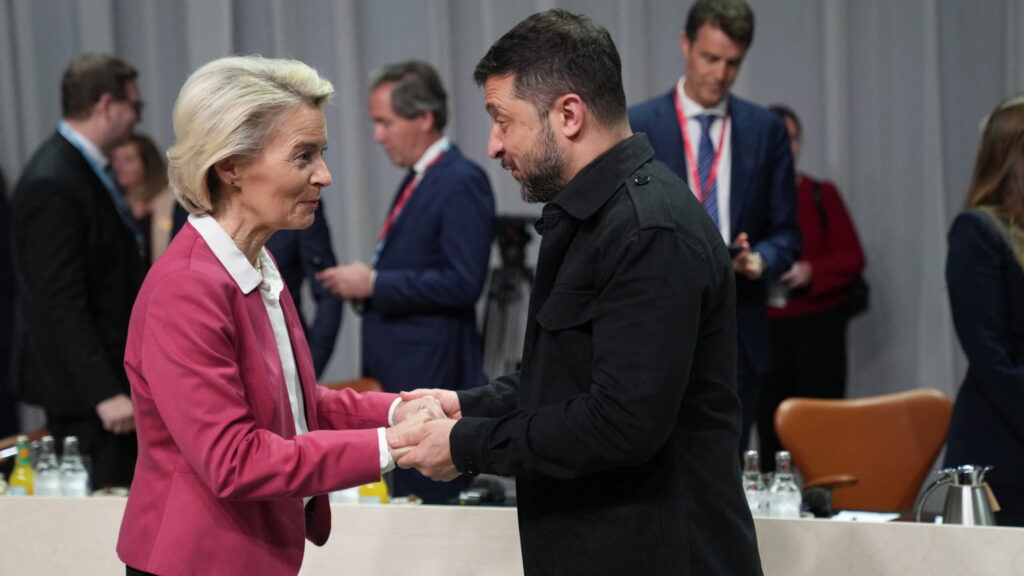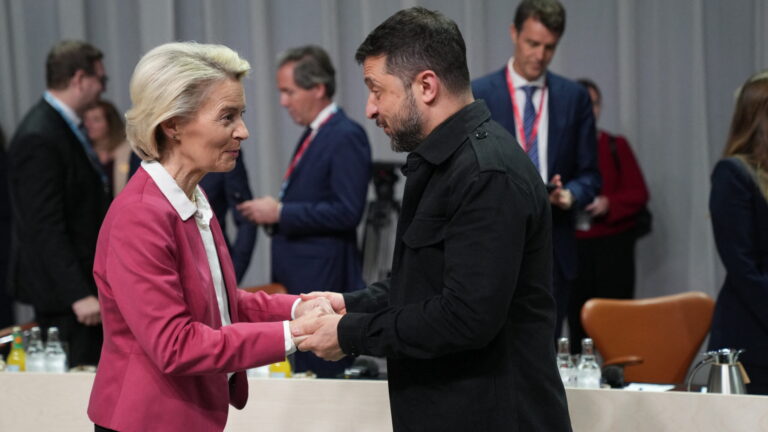At one of the biggest Hungarian diplomatic events in years, Prime Minister Viktor Orbán of Hungary met with US President Donald Trump last week. The main agenda point of the high-profile talks was energy. Hungary secured an exemption from the sanctions imposed on oil imports from Russia, in exchange for the commitment to purchase nuclear plant components, including small modular reactors (SMRs), from American companies.
Máte Tóth, international law and energy attorney, appeared on the morning show Napindító (Day Starter) on the Hungarian news channel HírTV on Wednesday, 12 November, to talk about the intricacies and the market reactions to the deal.
He started by stating that ‘Hungary is not self-sufficient in electricity production’, as only about 70 per cent of the country’s daily electricity consumption is produced domestically. Therefore, the Hungarian government is aiming to increase the electricity-making capabilities of the nuclear reactors in Paks, Hungary (especially that consumption, both residential and industrial, is projected to increase in the coming years). Hence, the import of American-made nuclear equipment included in the deal is beneficial for the country, as the expert opined.
He added that ‘Hungary is outgrowing the role that was cast onto it in 1920 [with the Trianon Treaty],’ in the sense that it is now a ‘regional hub’ in crude oil refining and natural gas distribution. Electricity, however, is ‘the third leg’, as he put it, behind oil and gas in Hungary's energy mix, which is only ‘catching up’.
Tóth also shared that the Hungarian government has ambitions to go even beyond 100 per cent of the country's electricity consumption and sell the excess to other countries in the region, which the American-made SMRs purchased, as well as the construction of the second nuclear plant in Paks, can facilitate.
The host noted that Prime Minister Robert Fico of Slovakia has stated that the exemption from sanctions of imported Russian crude oil negotiated by PM Orbán also applies to Slovakia, as the oil refinery in Bratislava, Slovakia is owned by the Hungarian oil company MOL. In response to that, Tóth claimed that this is a complicated situation that is often lost in the simplified reports in the press. He explained that it is actually two Russian oil companies, Lukoil and Rosneft, that had sanctions put on them by the American government, as well as the companies from miscellaneous other countries that are buying oil from them.
The Budapest-based MOL is now exempt from those sanctions. They can take advantage of that exemption by purchasing excess oil and selling it on into other countries. Thus, what PM Fico has claimed is technically correct.
The expert went on to point out that having to replace Russian natural gas imports would have been economically devastating for Hungary. While people like to point to Czechia as an example of a landlocked country in Central Europe that no longer imports from Russia, gas there costs about €0.12 per kWh for residential customers, compared to €0.036 per kWh in Hungary.
Tóth also emphasized that the arrangement has been met with enthusiasm from investors, who view the deal as reducing uncertainty around Hungary’s energy strategy and potentially strengthening its position in European energy markets.
Related articles:







